Wrestling training, activities return to Oceania
Thursday, August 10, 2023 - 12:58 By United World Wrestling Press

CANBERRA, Australia (August 10) -- United World Wrestling, in partnership with Olympic Solidarity and Wrestling Australia, hosted educational courses and an athlete training camp prior to the Oceania Championships in Canberra, Australia.
After several years of inactivity due to COVID-19, the Oceania region spent eight days (July 30 July to August 6) developing wrestlers, coaches, and referees.
“This training was very important for all the participants," Zach ERRETT, UWW Education Manager, said. "This gave them an opportunity to grow and improve together as a region,"
The training camp was supported by the Sports Development Unit of Olympic Solidarity and led by Gary MAYABB (USA) and Carissa HOLLARD (AUS).
There were over 40 participants in attendance from six different countries namely Australia, New Zealand, Palau, Nauru, Samoa and Tonga. The wrestlers worked on developing basic skills that would help improve their primary and secondary scoring attacks. They also learned proper position and how to defend against leg attacks.
“I learned and grew a lot both as a coach and athlete through this course," Cristian NICOLESCU (PLW) said. "I am grateful to take part in this coaching course and training camp."
The coaches that attended the camp also participated for eight days. The course was supported by the Entourage Unit of Olympic Solidarity. The first part of the course focused on the Level 1 Coaching Course (Introduction to Coaching and Safety) which explained how to introduce techniques and coaching skills. The coaches were able to directly apply what they were learning during the camp.
The second part of the course included the Level 2 Course (Introduction to Practice Planning). This part focused on performance analysis and the development of effective practice plans.
During the week, the coaches pulled double time as they had a two-hour educational session prior to the training camp sessions.
“The group of coaches did an awesome job all week," Errett said. "It is not easy having to spend four hours of training each day in addition to coaching at the training camp. To their credit, they [participants] stepped up and really showed tremendous growth."
The wrestlers and coaches also participated in Anti-Doping and Athlete Safeguarding training which was conducted by Sport Integrity Australia. The Athlete Safeguarding training, completed by UWW, detailed the types of harm and fostered a discussion on what to do if a situation occurs.
“The Olympic Solidarity Youth Athlete Development program, along with the UWW Level 1 & 2 Coaches development and UWW Referees course, has proven to be a truly remarkable opportunity for fostering unity within the Oceania region," Holland said. "This collective endeavor, held in a world-class environment at the AIS, has undeniably contributed to the strengthening of wrestling in our region. Witnessing the positive impact on all participants has been heartening, and I firmly believe that these courses and camps will leave a lasting impression on the growth and progress of wrestling in Oceania. With such empowering experiences, I am confident that our future generations will be inspired to carry the torch forward, propelling the Oceania region towards even greater heights in the realm of wrestling."
 Participants of the Referee Course go through in-match scoring situations. (Photo: United World Wrestling)
Participants of the Referee Course go through in-match scoring situations. (Photo: United World Wrestling)
During the second half of the week, the referees also held an Introduction to Refereeing course. This was conducted over the final four days of the camp. This course was conducted by Stefan RUDEVICS Rudevics (AUS), a IS referee.
During this course, the referees learned the basics of what it takes to be a good referee by improving positioning, scoring, and referee mechanics. This was imparted during the practical sessions in which they could referee simulated matches.
“Participants engaged to learn the techniques and philosophies of refereeing, criteria for scoring points, attack-counter attack situations, as well as critical scoring situations," Rudevics said. "By the end of the course, participants confidently refereed tough matches, in all referee positions, and with good accuracy."
On the final day of the two courses, the referees and coaches held a joint session. This session allowed them to work together to better understand each other and the rules of wrestling. The session allows the two groups to create open communication which will help improve their relationship in the future.
“The Oceania Training Camp was enhanced by the infusion of the coaches from the region who took part in both Level I and II Education Courses while working every session of the camp for their athletes," Mayabb said. "Wrestling Australia and United World Wrestling were outstanding hosts for all participants, making for eight great days of effort from athletes, coaches and referees.
"Every time we connect these stakeholders, we improve and advance our sport. Errett, Rudevics and Holland did an outstanding job blending the talents, skills and efforts of everyone in the Camp."
 Attendees go through a drill session during one of the training sessions in Australia. (Photo: United World Wrestling)
Attendees go through a drill session during one of the training sessions in Australia. (Photo: United World Wrestling)
The participants in different courses expressed themselves after the courses.
Charlize CHANDRA (NZL)
"I really enjoyed meeting and training with different wrestlers from various countries and learning tips from them to make me a better wrestler. The coaches were absolutely amazing and pushed us to get out of our comfort zones so we could expand our wrestling skills. Overall, the training camp was such an enjoyable experience, and I loved every moment of it."
Josh ALOFIPO (SAM)
“I enjoyed the fellowship and exchanging new knowledge on wrestling. We’ve repeated our primary and secondary movements in order to correct our flow. We also made so much progress and gained new experiences every day as time went by. It has helped us understand wrestling a lot more and that is something we can take home."
William RIDDIFORD (AUS)
"I have liked all the cool wrestling techniques we have learned while training at this camp and the food and activities at the Australian Institute of Sports."
Tianna FERNANDEZ (PLW)
“I appreciate being able to come out to Australia for this wrestling camp. I have learned so much from coaches Gary, Zach, Carissa, and others. They reminded me of the importance of the basics and positioning and how much of a difference it really makes.”
Alex RADDY (NZL)
"It’s been a great learning opportunity with awesome people from Oceania and some amazing coaches that have really helped me understand the basics and given me the ability to take my wrestling to the next level."
Blesam TARKONG (PLW Coach)
“The course has been enlightening. Showing things that I have not considered to teach my athletes and myself. Nothing but positive feedback from me. Thank you!”
Gaku AKAZAWA (SAM Coach)
“I would like to thank my coach for giving me the lecture. This time I took a coaching course and my coaching skills improved. I would like to continue to improve as a coach.”



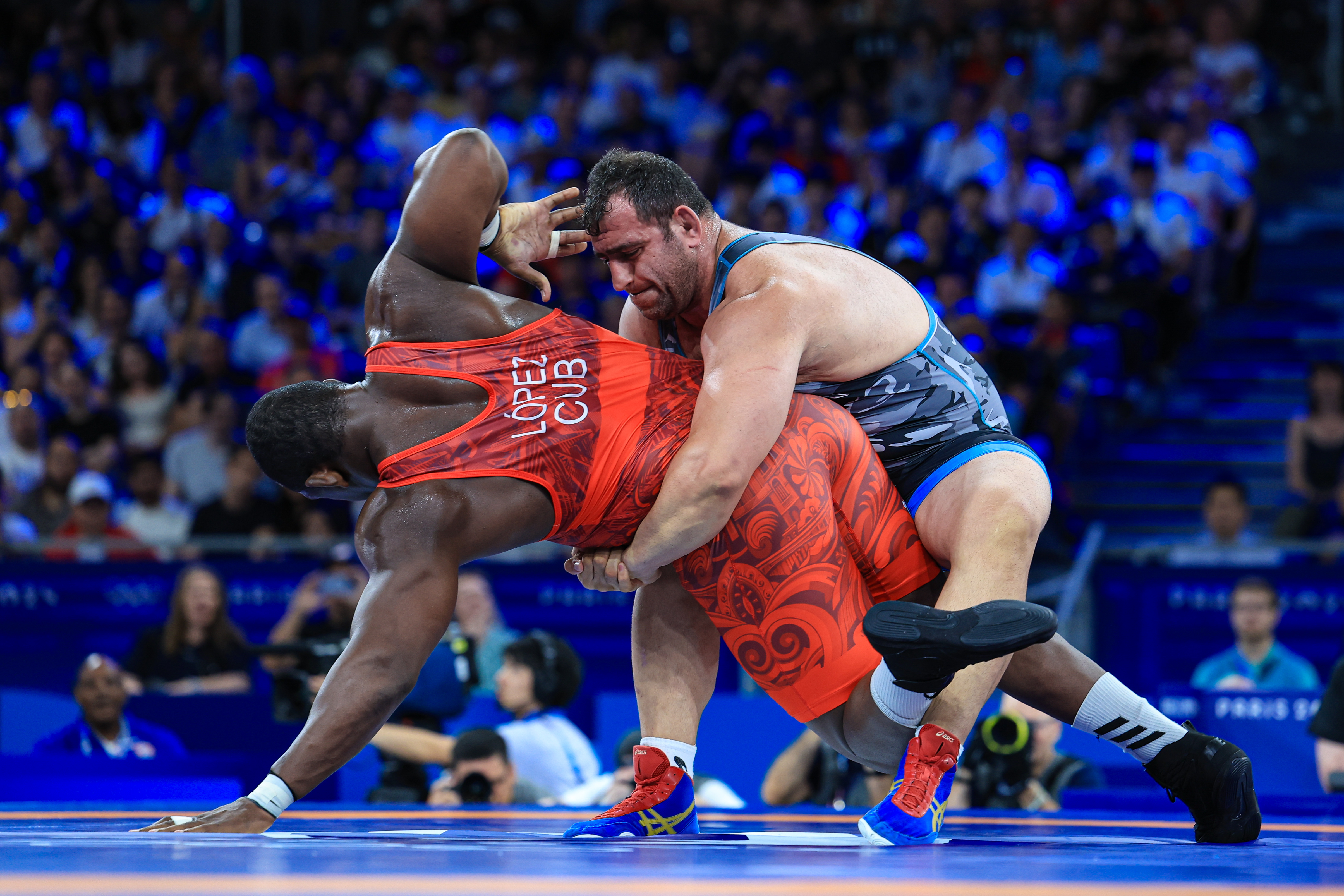
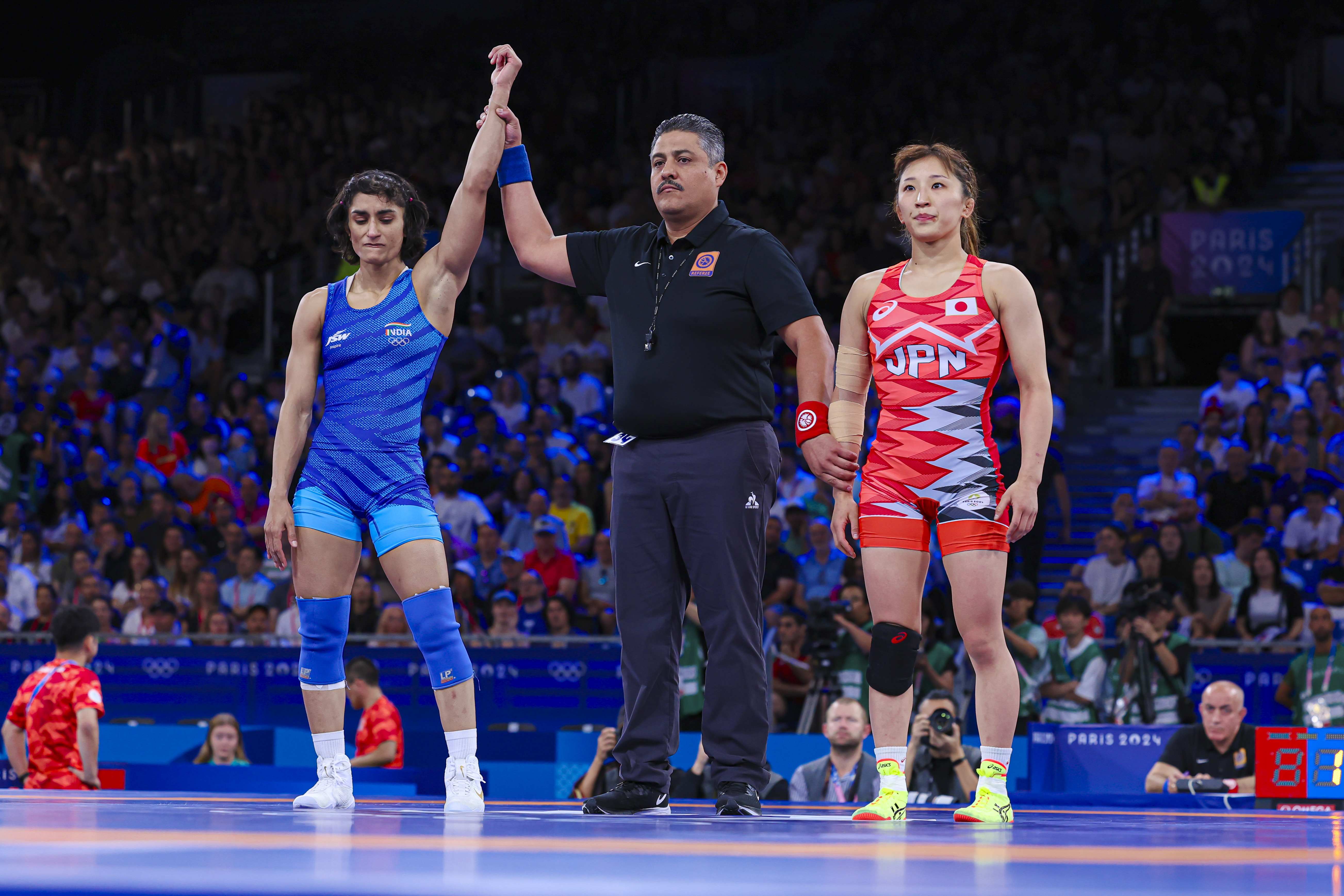
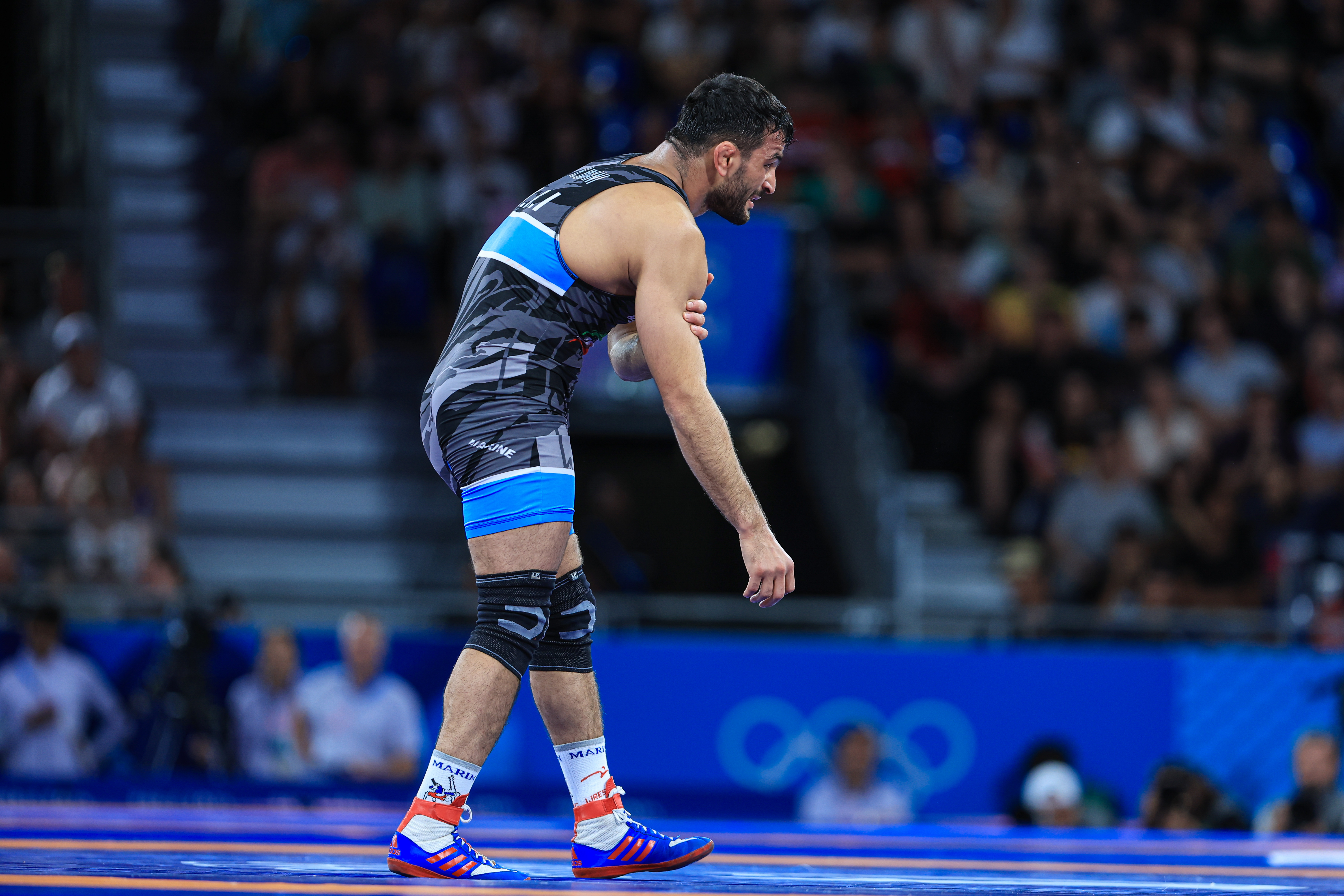




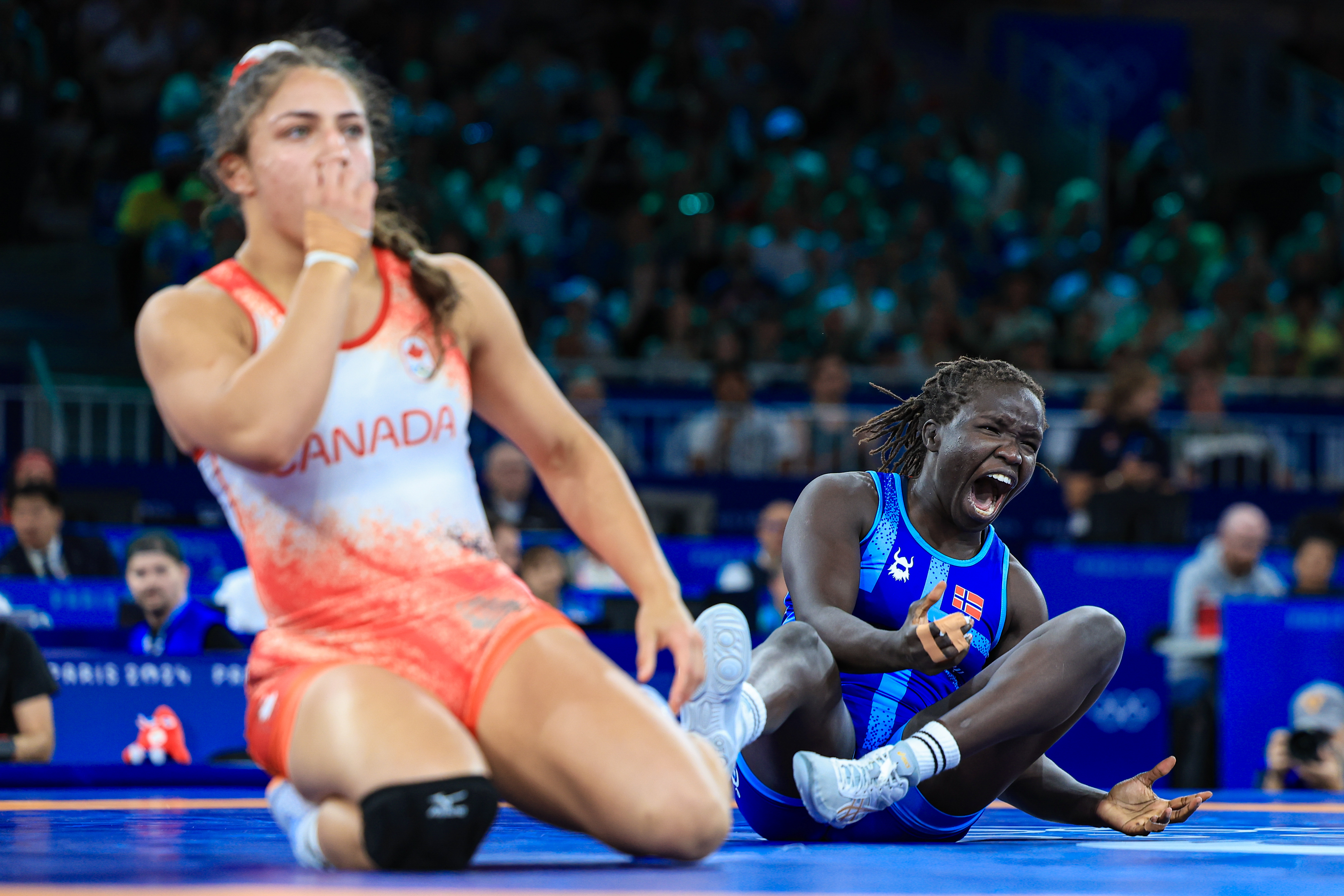


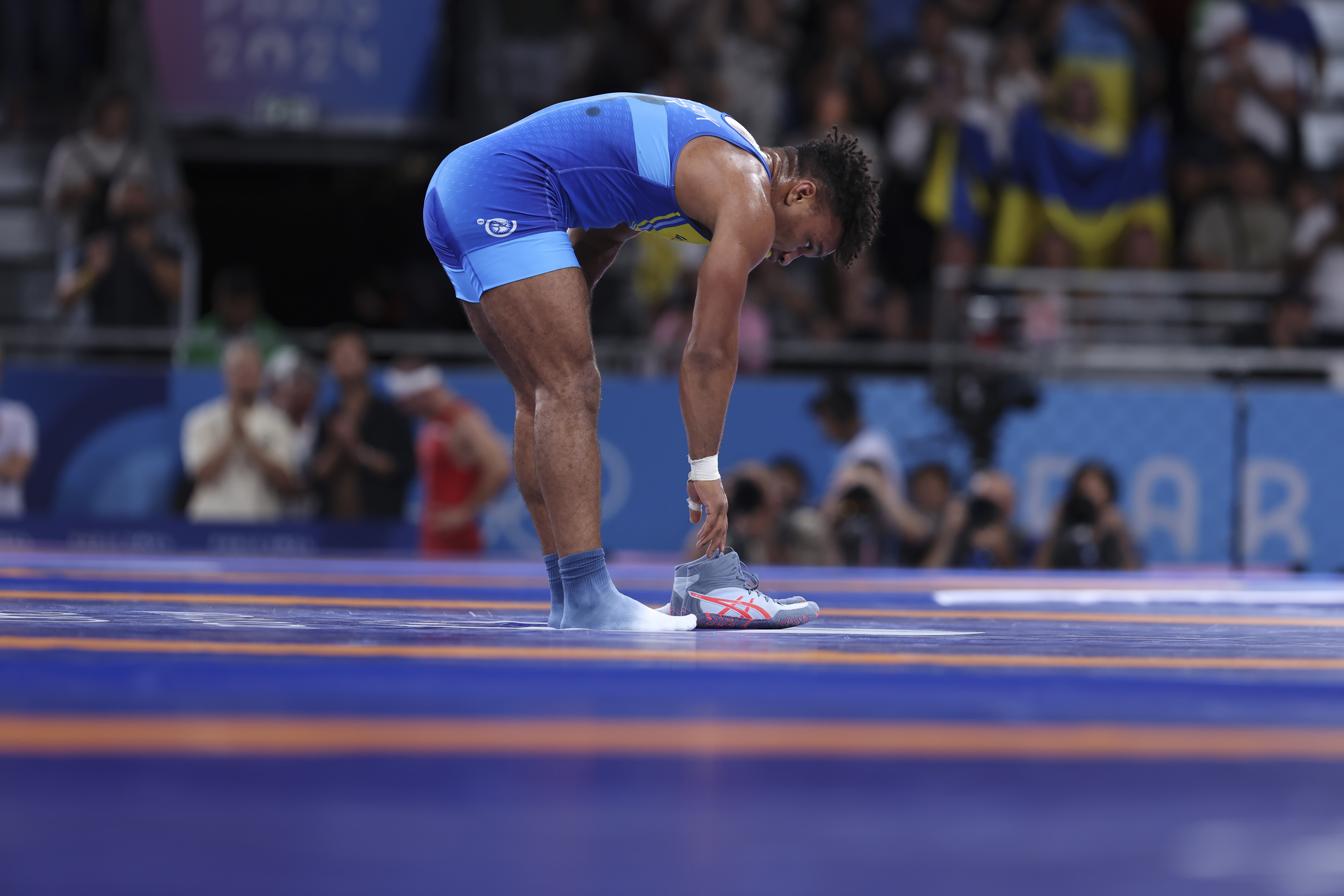
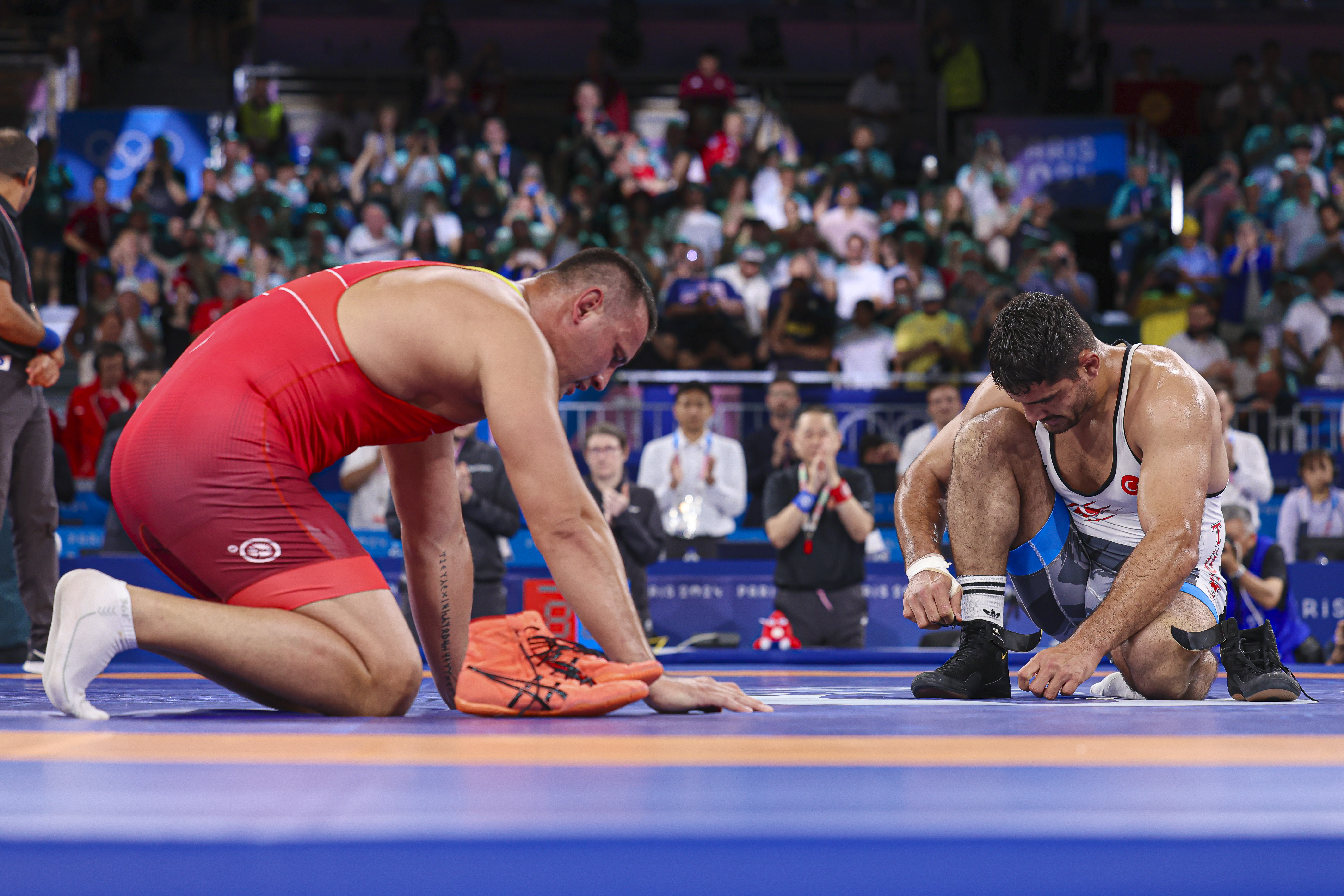
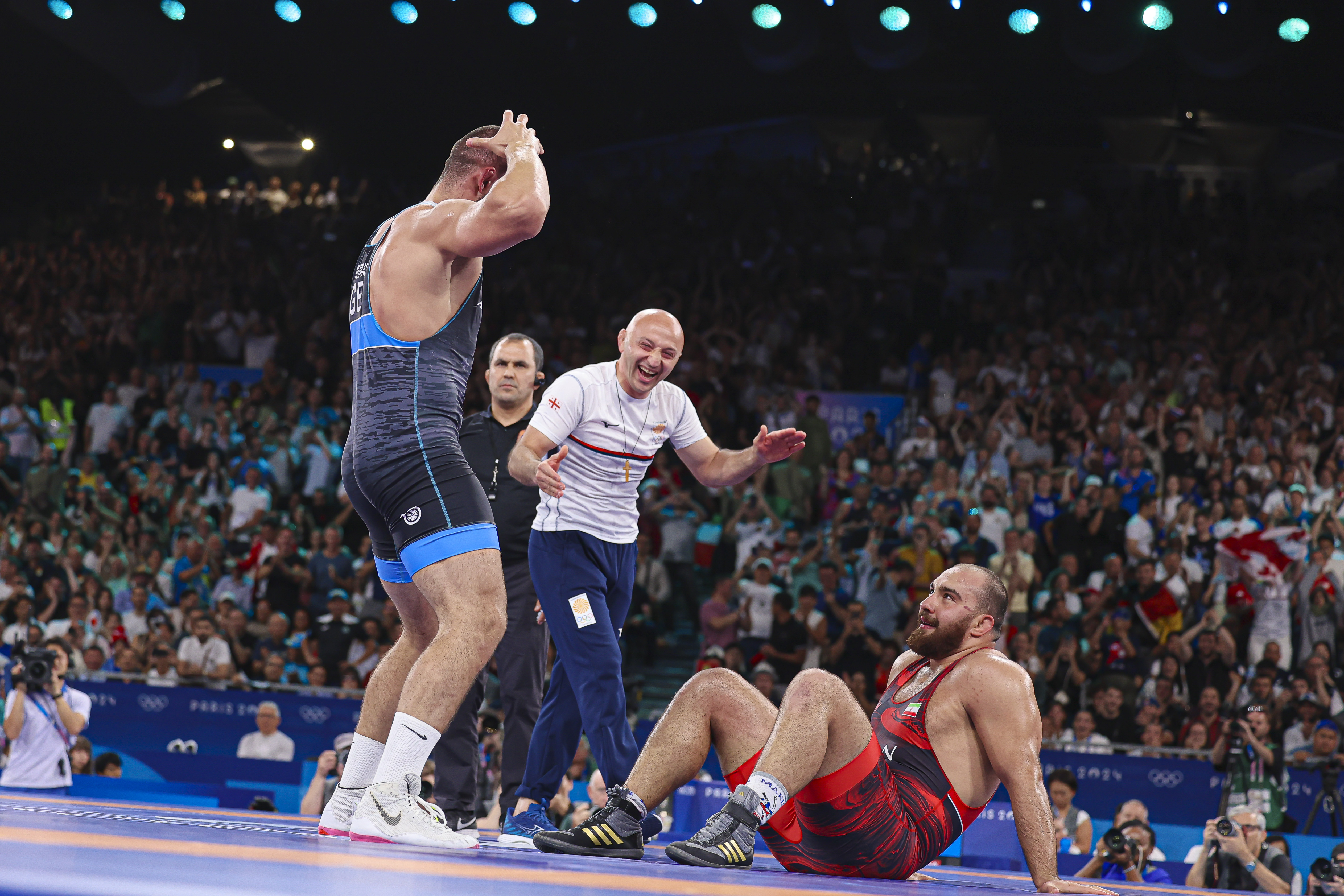

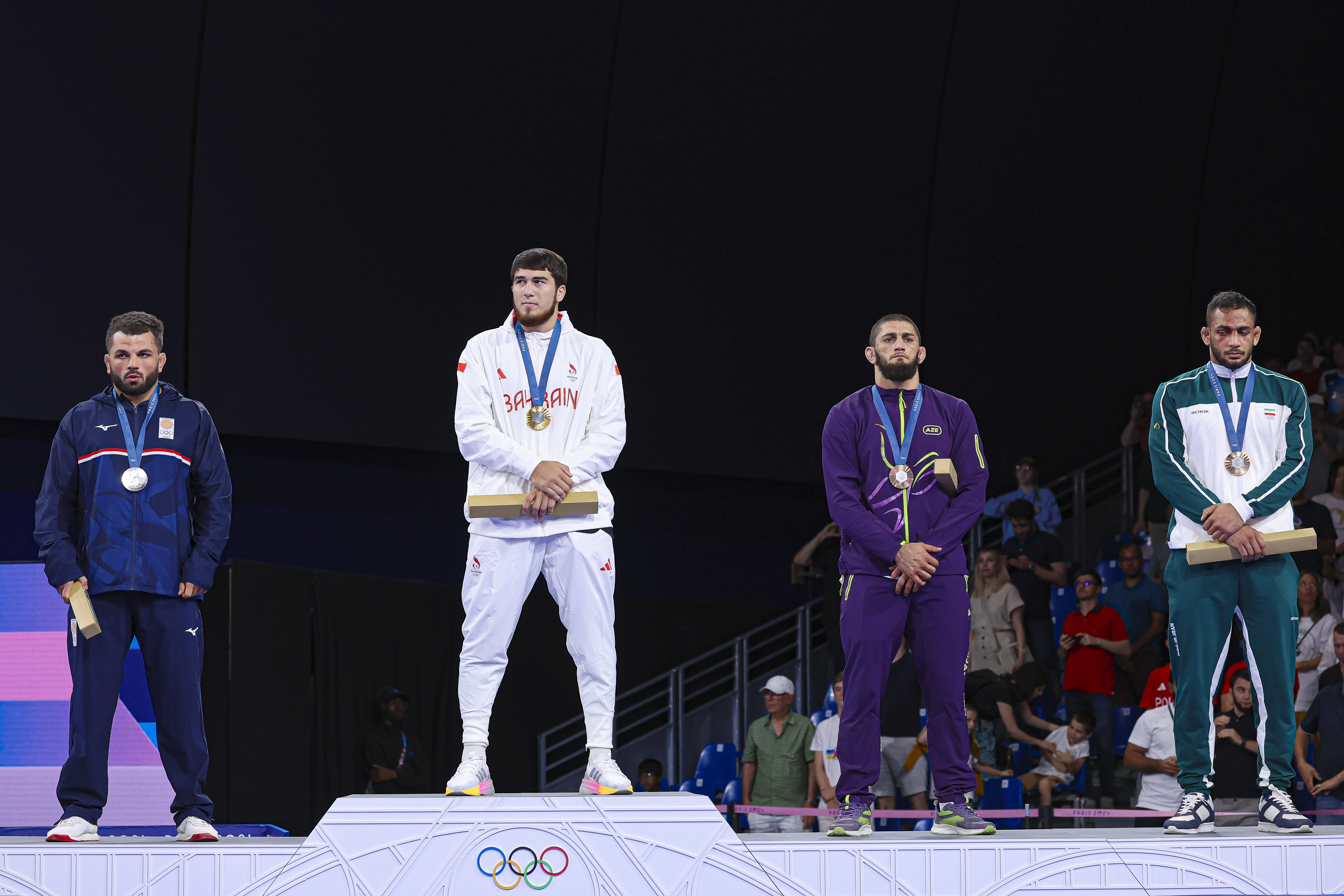


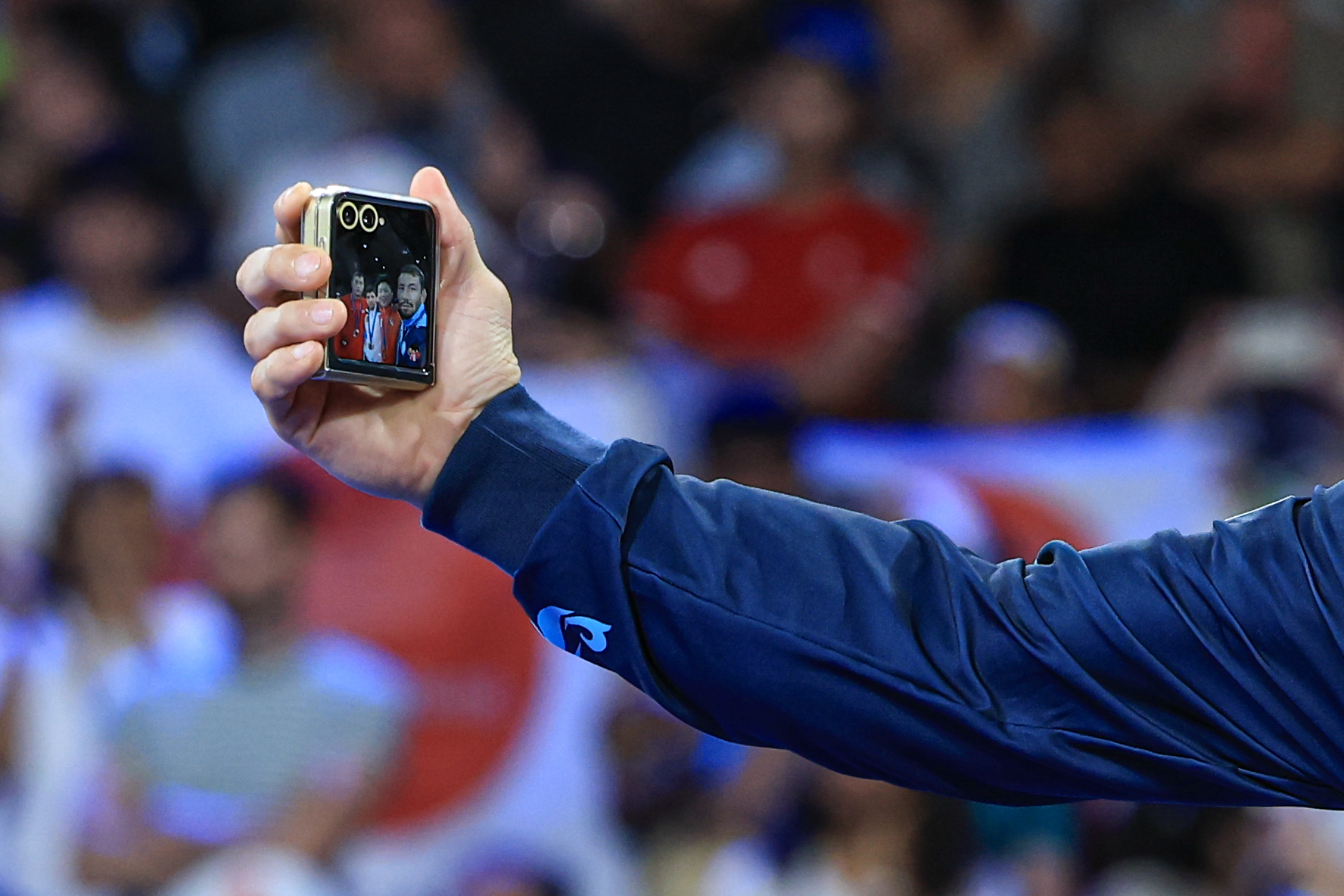
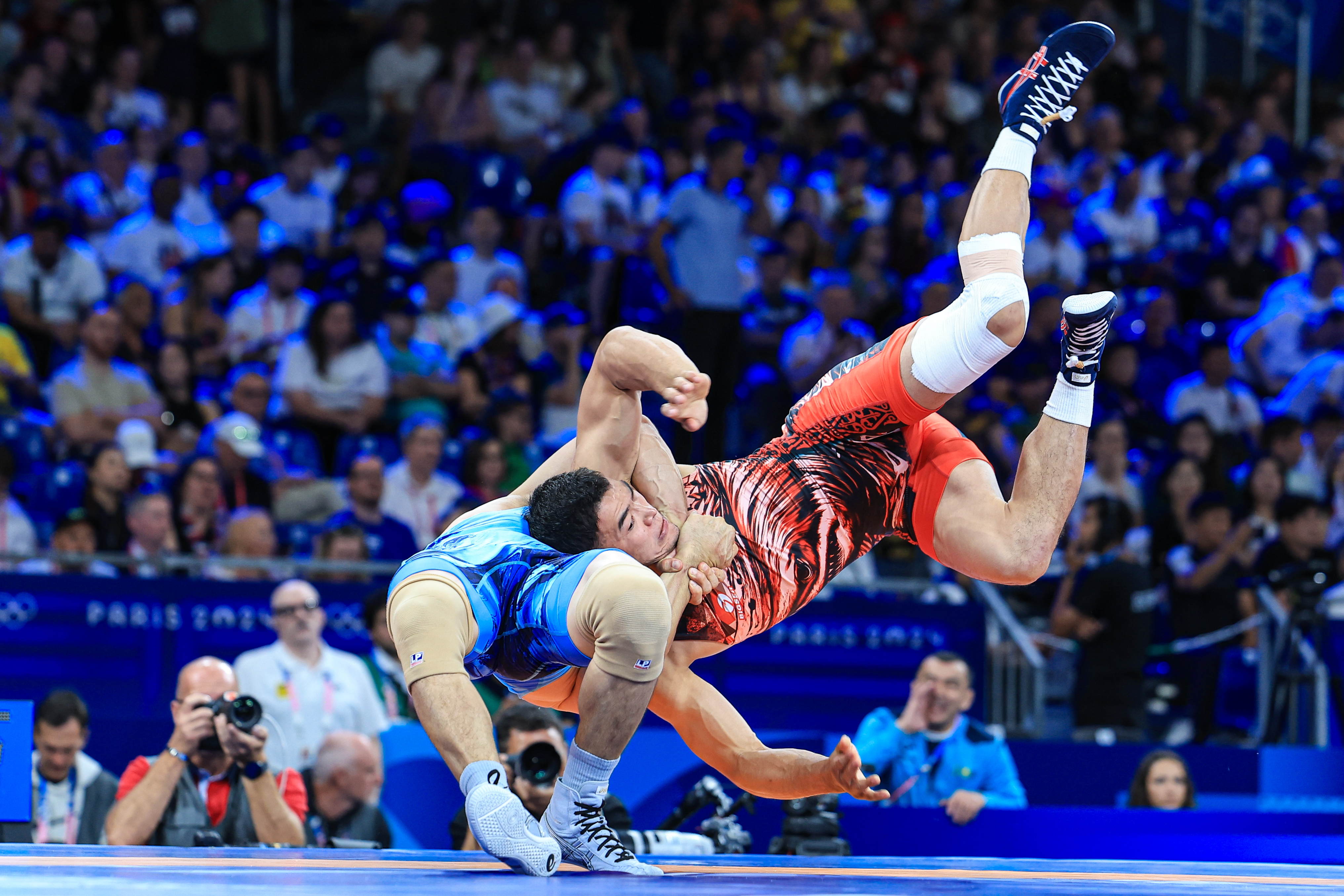

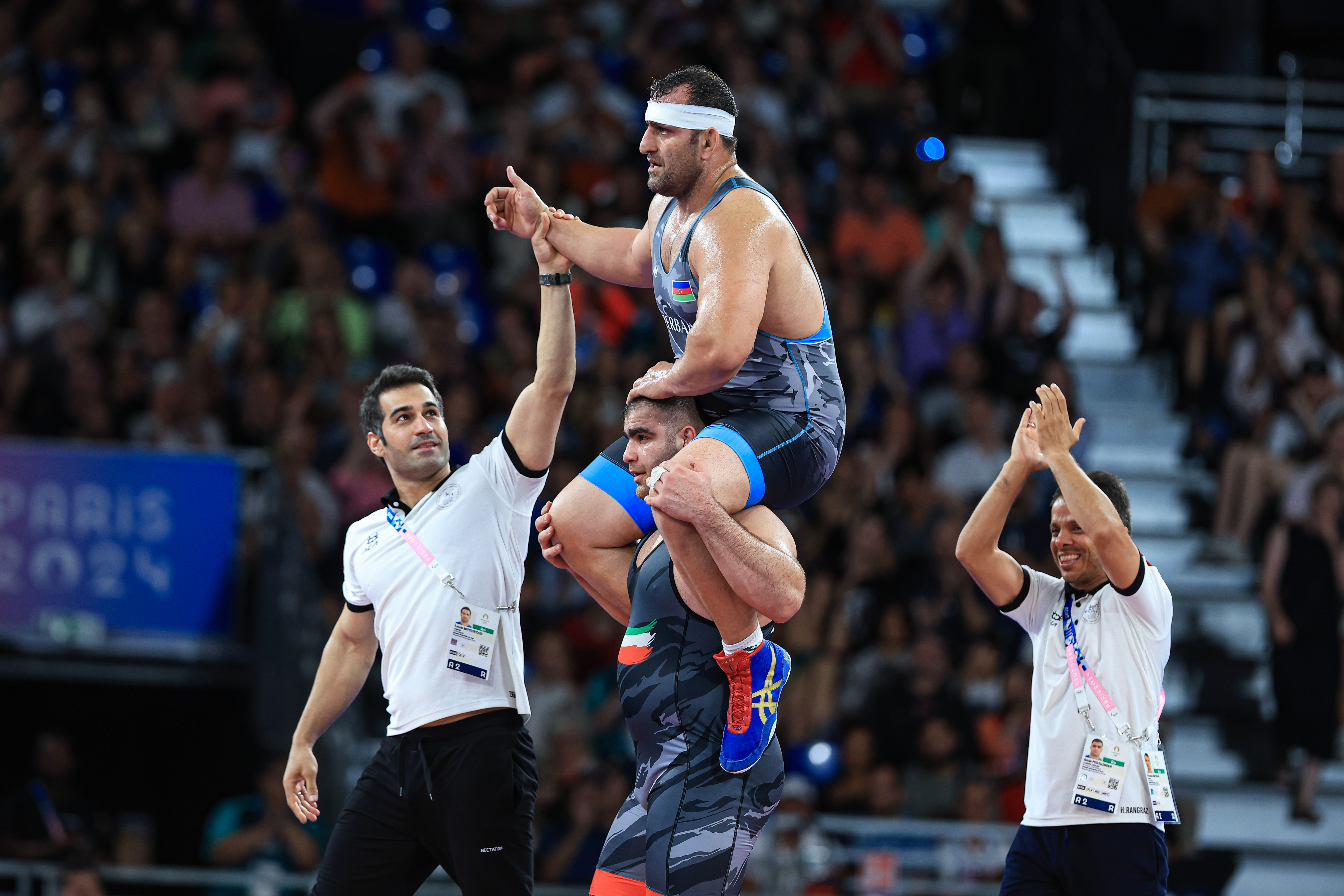


Share your thoughts.
Comments